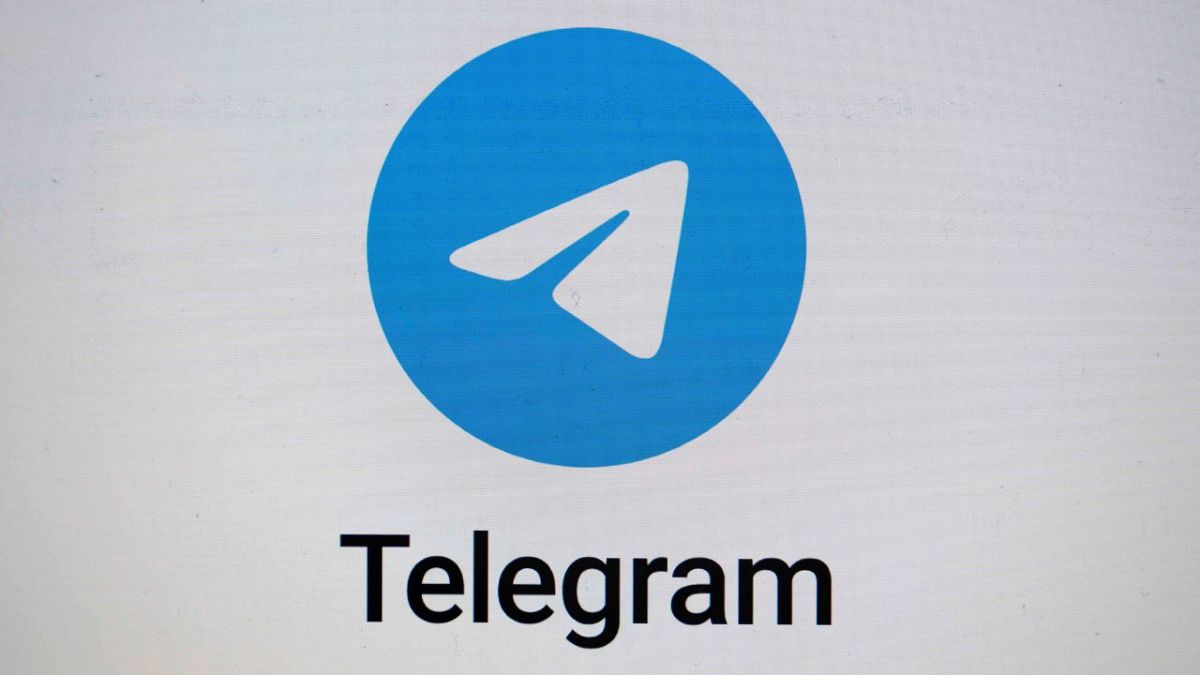Telegram has rapidly grown from a niche messaging app into one of the most popular communication platforms worldwide. Known for its focus on privacy, speed, and user empowerment, Telegram now serves over 800 million active users,telegram中文版 connecting people across different countries, languages, and interests. Its unique features and commitment to freedom of speech make it a standout alternative to mainstream messaging apps like WhatsApp, Messenger, and WeChat.
What Makes Telegram Unique?
Telegram was launched in 2013 by Pavel Durov, the founder of Russia’s largest social network, VKontakte. The app was designed with a clear mission: to provide secure and private communication that cannot be accessed or controlled by governments or third parties. This core principle has attracted users looking for a censorship-free environment.
One of Telegram’s biggest strengths is its cloud-based system, which allows users to access their messages, files, and media across multiple devices simultaneously. Unlike many other apps, Telegram offers unlimited file sharing and storage, making it a powerful tool not only for chatting but also for collaboration and content distribution.
Core Features of Telegram
Telegram offers an impressive array of features that enhance user experience:
End-to-end encrypted secret chats for enhanced privacy
Public and private groups that can support up to 200,000 members
Channels for broadcasting messages to unlimited subscribers
Customizable bots for automating tasks and managing communities
Voice chats and video calls for real-time communication
Polls, quizzes, and reactions to engage group members
These features have helped Telegram grow far beyond a simple chat app. It’s now a hub for communities, educators, activists, businesses, and even cryptocurrency enthusiasts.
Why People Choose Telegram
Telegram’s user-first design, combined with its strict no-advertising policy, has earned it a loyal following. Unlike Facebook-owned apps, Telegram doesn’t monetize user data. This has made it especially appealing in regions where people seek more control over their privacy and freedom from corporate surveillance.
Telegram has also become a platform for uncensored news, social activism, and open discussions, particularly in countries where information is heavily controlled. Whether it’s political movements in Iran, protests in Hong Kong, or economic discussions in Venezuela, Telegram plays a crucial role in enabling open communication.
Challenges and Criticisms
Despite its popularity, Telegram has faced criticism for its lack of moderation, which can lead to the spread of misinformation, illegal content, or extremist ideologies. The app’s open nature makes it difficult to regulate, raising concerns among governments and law enforcement agencies.
Telegram is also banned or restricted in several countries due to its resistance to censorship. However, users often find ways around these blocks using VPNs and proxy services.
Conclusion
Telegram is more than just a messaging app—it’s a symbol of digital freedom, innovation, and user control. With its rich set of features and commitment to privacy, Telegram is transforming how people communicate, organize, and share ideas globally. As digital privacy becomes a growing concern, Telegram is likely to remain at the forefront of secure, independent communication.